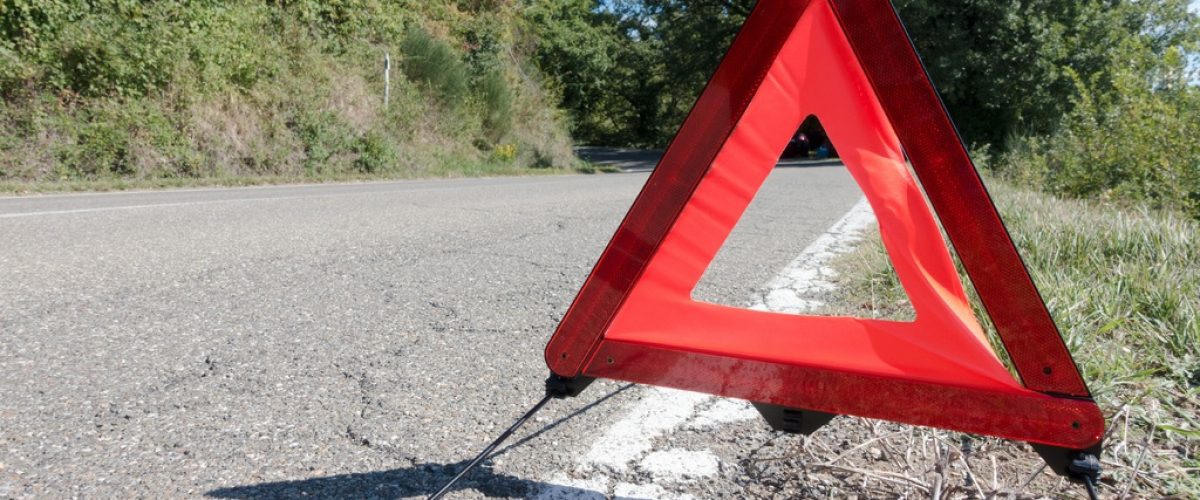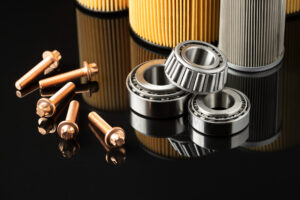Due to turbulent economic times, exacerbated by the Covid-19 crisis, many South Africans are keeping their cars for longer.
The more people keep their cars for longer the more high-mileage cars there are on the roads. This results in a higher safety risk for all due to increased chances of mechanical failure, as well as financial risk to owners whose vehicles are out of warranty. Research by the AA shows 90% of South Africans say they are keeping their cars for longer, with just over 40% keeping their cars for between five and 10 years.
The following list of parts that are more likely to fail on higher mileage vehicles and should be frequently inspected and maintained:
1. Wheel bearings: The wheel bearing can disintegrate and cause the hub assembly to detach from the vehicle. Literally, the wheel coming off, resulting in no steering control.
Warning signs: A shudder in the steering wheel during braking or cornering is an early warning. A good shake of the wheel top to bottom with the wheel jacked up off the ground will indicate a slight knocking feel or sound as well.
2. Starter motors: Bearings wear out over time, causing increased effort to turn the engine and, very quickly, a flat battery.
Warning signs: The engine will turn sluggishly and take time to start, with symptoms similar to those of a flat battery, even when the battery is still charged.
3. Oil pumps: Failure means insufficient lubricant to the engine, parts seizing/engine failure.
Warning signs: The oil pressure gauge or oil level warning light will indicate the low oil pressure. It’s imperative to stop immediately.
4. Engine & gearbox mountings: Failure results in the engine and gearbox not being kept in their correct position/ alignment, causing damage to engine and gearbox parts.
Warning signs: Engine – a loud knocking sound or vibration on start-up and pull away. Gearbox – a knocking sound or vibration during pull away and gear changes.
5. Shock absorbers: Failure will cause an inability to efficiently control the vehicle. Generally designed for a service life of approximately 80,000 km.
Warning signs: Poor ride quality. Reduced directional stability, increased braking distance, nosediving when stopping, poor handling and increased tyre and brake wear. Fluid leaking from the shock absorbers.
6. CV joints: The CV can collapse, causing the vehicle not to move and require removal and replacement. It’s best to replace CV joints on both sides of the vehicle.
Warning signs: A loud clacking sound will be heard at low speed when turning sharply.
7. Clutches: A slipping clutch will not allow the gearbox to engage fully with the engine, leaving limited or no drive. Poor driving skills, such as riding the clutch, make a clutch wear faster.
Warning signs: Shuddering on pull away, the engine revs without the vehicle accelerating.
8. Engine and gearbox seals: Failure leads to loss of lubricant and engine or gearbox seizure.
Warning signs: Oil leaks from the front or rear of the engine, or rear of the gearbox. High oil consumption. Oil dripping onto the road surface. Total loss of lubricant.
9. Alternators: Failure means the battery and electrical system won’t be kept at the necessary charge, leading to electrical failure.
Warning signs: Loud screeching noise from the alternator if its bearings are failing. The vehicle’s charge/battery light may be on constantly. The vehicle may also struggle to start.
10. Water pumps: Failure will result in insufficient circulation of the coolant in the engine, causing the engine to overheat and, if not rectified, engine failure.
Warning signs: Elevated temperature reading on the temperature gauge. Signs of water leakage at the front of the engine.
This is a broad guideline of things that more commonly go wrong, but there are, of course, quite a few more systems that could fail, even on newer vehicles.
A good extended or pre-owned mechanical warranty is a smart investment as it gives you the opportunity to be fully prepared for non-wear and tear damage to your vehicle’s engine, transmission, drive train, electrical system, turbo assembly and more. It can also help you out of a pickle when it comes to a rental vehicle and/or accommodation when you’re stranded far from home.
Extract from an article first published by the RMI






